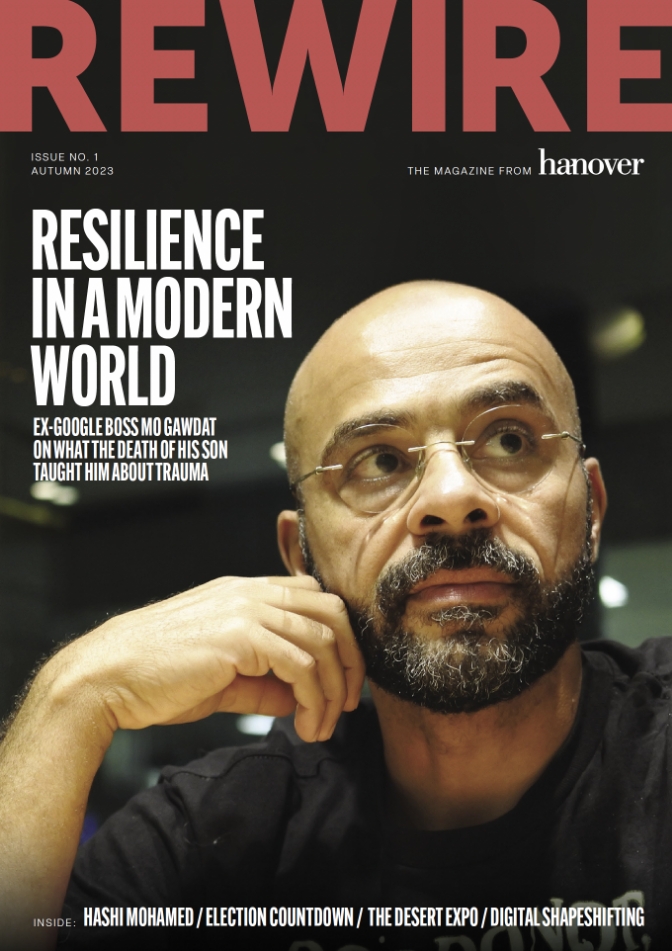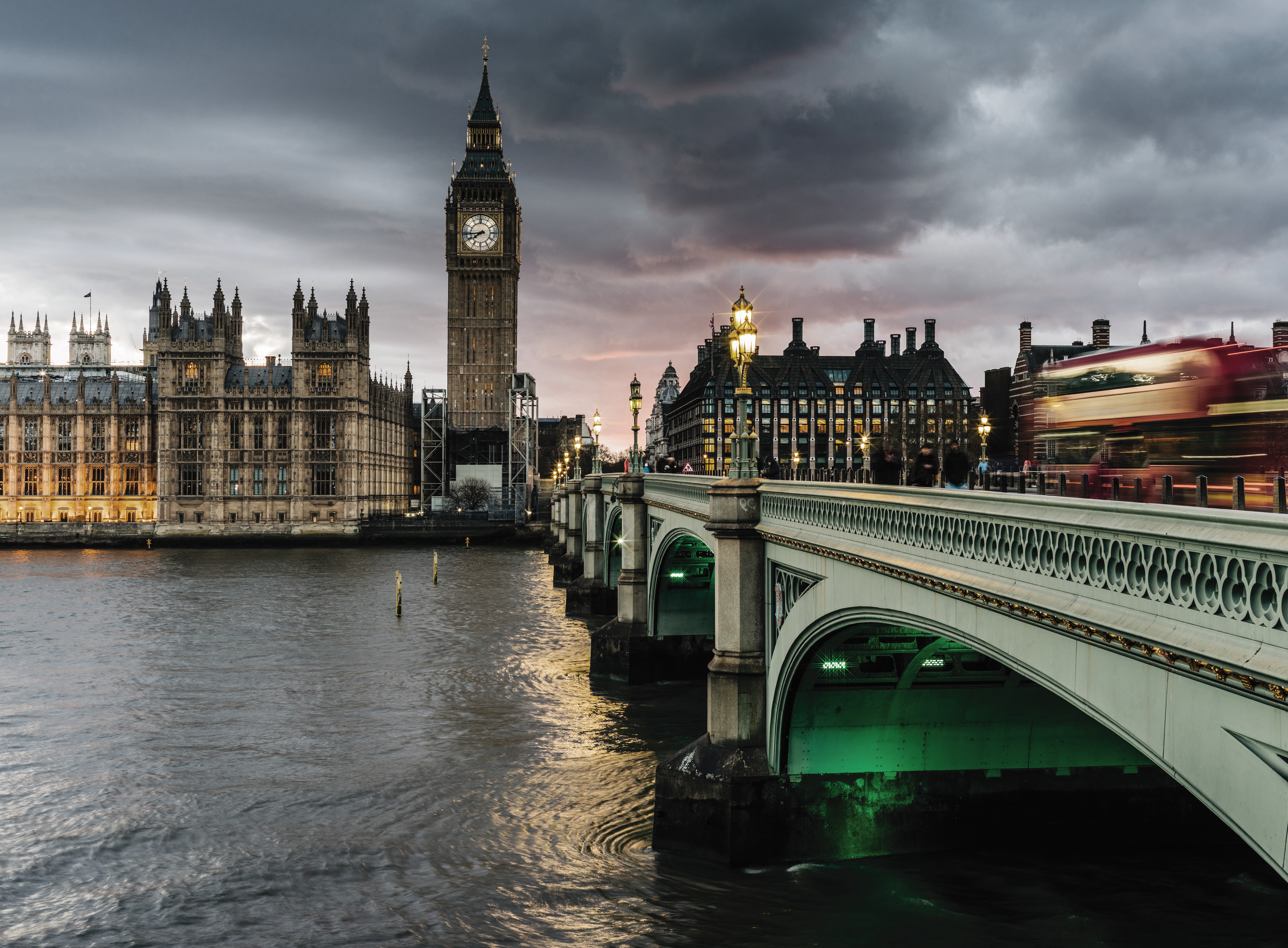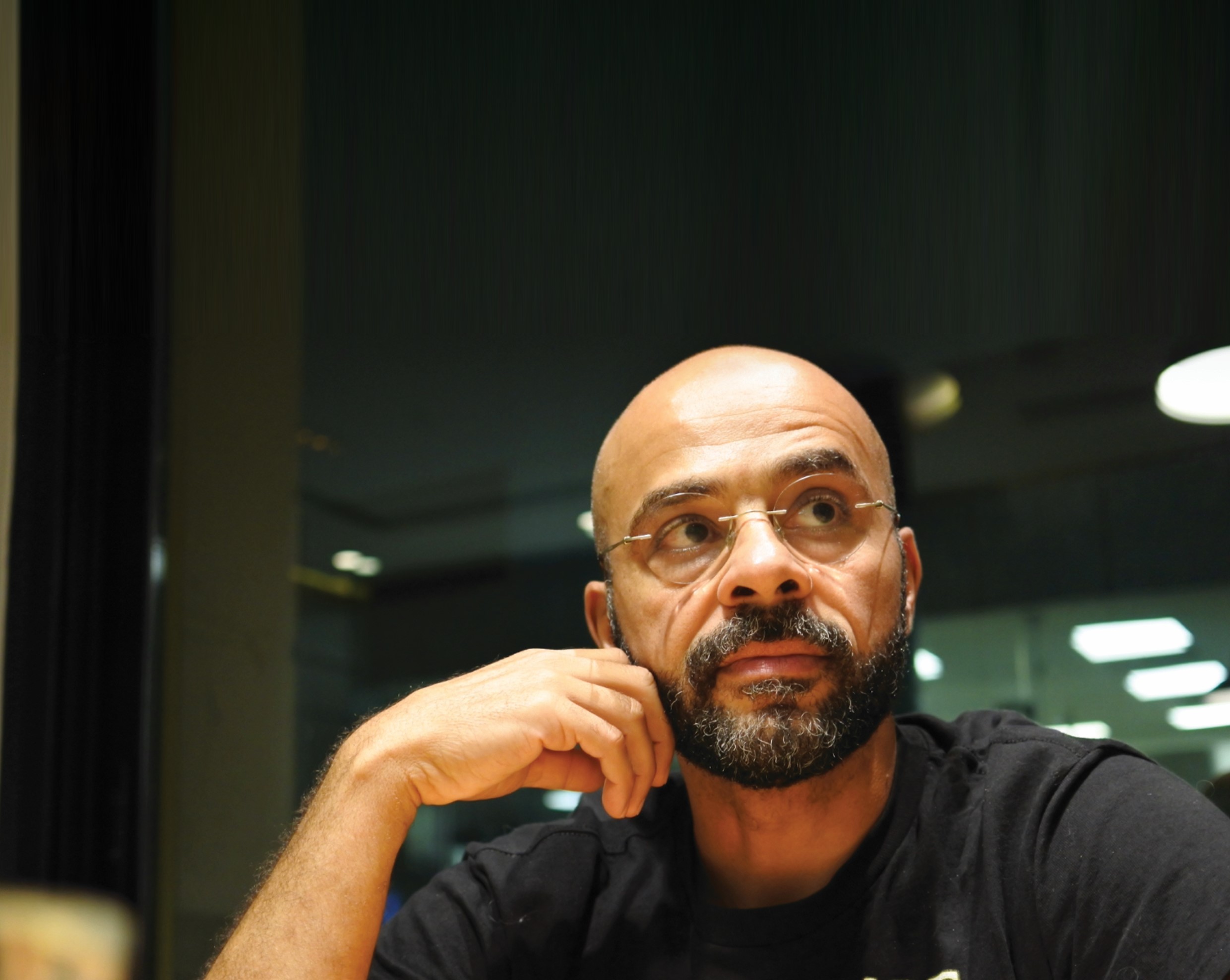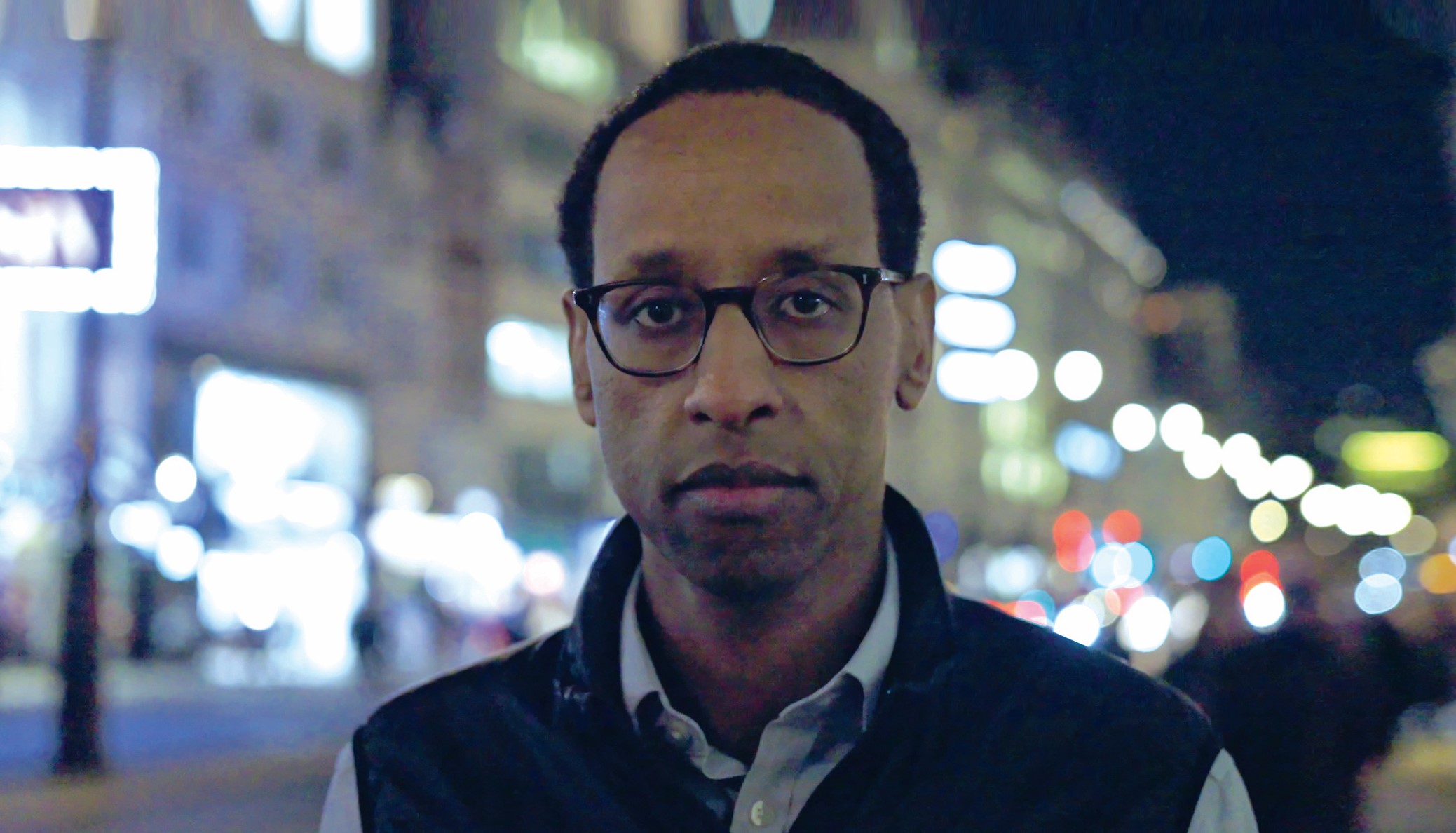Earlier this year Reuters released the 12th edition of its annual Digital News Report, providing an in-depth analysis of news consumption worldwide. The findings of the 2023 report make for difficult reading for anyone working in the fast-evolving media ecosphere, from journalists to PRs, but it chimed particularly with how the landscape is changing in Ireland.
Interest in news continues to fall along with trust
The report found that in Ireland interest in news continues to fall, with only 52% of respondents stating that they were 'extremely' or 'very' interested - down five percentage points from 2022.
Trust in news has also fallen, with those who agree they can trust news down five percentage points to 47% more than distrust the news than trust.
It is important to note, however, that Ireland compares favourably to
US - 31%
UK - 32%
EU - 40%
This may be because the framing of the legacy news media as the 'enemy of the people' by populists has, in fact, galvanised faith in its reputation in some quarters. And because Ireland has a proud history of determined investigative and campaigning journalism uncovering institutional abuse, corruption and corporate malfeasance. So, there is hope yet.
Social media is the most important source of news for younger audience
However, the step-change in the way people – particularly younger generations – access news raises further questions for the future direction of our media institutions. Although television remains the primary organ of news consumption, the growing role of social media as a source of news (as identified by 39 per cent of 18-24-year-olds) has caused a degree of alarm.
The question of how legacy media responds to this shift and ensure they stay not just relevant but indispensable to the news-consuming public is a particularly fraught one. And it isn’t like RTÉ (Ireland’s equivalent of the BBC) can invest in innovation and talent to reinvigorate their offering, as their licence fee funding model looks to be increasingly unsustainable. The Irish Government is reviewing this in the autumn, with calls from some quarters for it to be provided through a new tax on Big Tech platforms. The notion of market-dominant Big Tech firms being gifted a capital stake in public-interest journalism is being seriously considered as a means of keeping the Irish legacy media afloat, and gives a worrying indication of its current health.
Print media continues to decline
The digitalisation of journalism has revolutionised the way news is consumed. Print media now faces the beginning of the end, according to Peter Vandermeersh, Chief Executive of Mediahuis Ireland. Vandermeersh has predicted that daily print newspapers will have disappeared within the next decade. In Ireland, print circulation numbers are forecast to decline by 7.41% with a reduction in associated revenue down to €151.45 million by 2026. By contrast, digital circulation is expected to increase by 7.18% over the same period.
This progression is not unique to Ireland – newspaper markets across Europe have been hit as digitalisation has taken its toll on sales, circulation and general readership, as publications find themselves in competition with online outlets in a fast-paced market populated by a growing audience of digitally literate consumers
The unstoppable rise of AI
In one alarming section of the Reuters study, it is claimed that only a quarter of Irish people agree that they need to have a human editor to curate their news, as opposed to an algorithm. An incident in early 2023 brought this perspective into focus as Irish Times editor Ruadhán Mac Cormaic was forced to apologise after the paper published an opinion piece which had, in fact, been generated by artificial intelligence. The incident shone a spotlight on the particular challenges posed by AI, and its growing use, for all those involved in the creation and dissemination of news.
The rise of AI-generated content, which tripped up Mac Cormaic, has other, darker potentials than making a newspaper editor look careless. The worry that AI bots can be programmed to produce large amounts of content, (dis)information and ‘fake news’ – to coin a phrase – is becoming an increasingly pressing one as the 2024 US presidential election approaches.
In this context, demands for transparency have become increasingly loud in our field. The European Commission is currently developing the AI Act, which aims to introduce regulations of AI at EU level. It appears that the approach taken will be similar to the Digital Services Act, which acknowledges that with the largest of social media companies comes an inherent societal risk, and this must be countered with transparency and accountability.
But there are serious concerns that this is very much too little, and far too late. Mustafa Suleyman, the founder of AI powerhouses DeepMind and Inflection AI, writes in a new book that we need to completely reimagine the way we approach tech regulation to avoid being overrun by the disruption and instability any bad actor could very readily unleash upon the world using artificial intelligence. He says societies will soon have to learn how to “contain” technology and AI in much the same way George Kennan proposed for the Soviet Union during the Cold War. And the information economy in which – as media and PR professionals – we all transact, is one of the main sites at which this existential transformation will play out.
So, what does this mean for the future of news?
In order to stay relevant, journalists and news organisations across Ireland will need to adapt quickly and leverage the opportunities presented by digital platforms. European media group Mediahuis, which owns several prominent newspapers in Ireland, including the Irish Independent, has invested in various AI technologies. But the industry must avoid becoming reliant on AI, and instead look to bridge the knowledge gap between technology experts and journalists to synthesise a balanced harmony of skills to create a better, more informative and interactive news environment.
With the disruption and challenges ahead, the goal must be to understand your audience, as business models will need to shift to meet the dynamic consumer. As PR professionals we also must tackle the issues raised by the Reuters report. Quality content is one thing, but we have a responsibility to also ensure we are behaving in ethical and transparent ways. Truth, accuracy, and quality must underpin all our work – this will not only help build a strong and durable media ecosystem but will also benefit our clients in a world where trust still – just about – matters.





